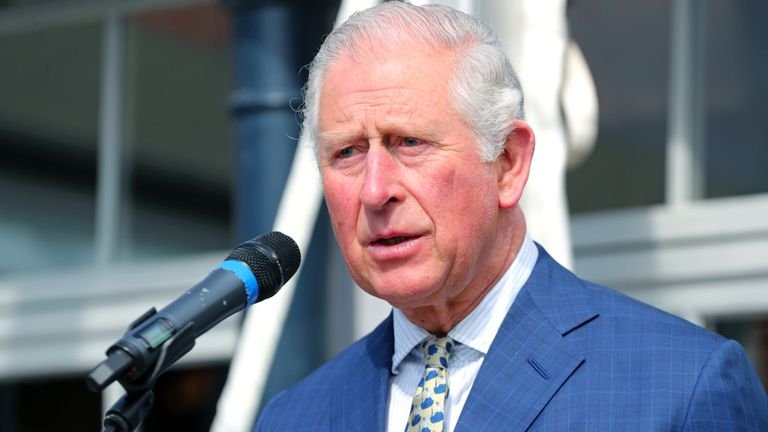
The UN Office for the Coordination of Humanitarian Affairs (OCHA) has launched a $400 million humanitarian response plan for Central African Republic (CAR).
The money is directed to meet the basic needs of estimated 2.2 million people in the country.
Dr Michel Yao, Acting Humanitarian Coordinator in the country, said in a statement that the UN-backed humanitarian plan aimed assist million who urgently needed humanitarian assistance.
According to him, the response plan is for a two-year period, from 2017 to 2019
Yao said the response plan, with a budget of $399.5 million, would cover three strategic objectives.
The UN official said the objectives are to save more lives, strengthen the protection of affected populations, and preserve human dignity by restoring access to basic social services and livelihoods.
“The security situation has deteriorated markedly, particularly in the second half of 2016, with a growing number of hot spots.
“This degradation has generated new humanitarian emergencies and exacerbated the vulnerability of more than 70,000 newly displaced people.”
Yao regretted that the situation came at a time of an already unfavourable international economic situation for financing humanitarian action.
“New crises arise elsewhere in the world and attract the attention of donors because of their acuity and their dreadful effects on civilian populations,” he said.
Against the background of drop in donors funding, the statement said Ms Virginie Baikoua, the Minister for Social Affairs and National Reconciliation of CAR and Yao called on donors to increase their engagement with the country in order to consolidate the achievements made during previous years and respond to new emergencies.
“A strong advocacy campaign is also under way to ensure that CAR is not a forgotten or neglected crisis.
“In 2016, as of December only 36.2 per cent of the Humanitarian Response Plan amounting 531.5 million dollars was not funded.
“In 2017, 128.5 million dollars will be dedicated to food security.’’
Clashes between the mainly Muslim Séléka rebel coalition and anti-Balaka militia, which are mostly Christian, plunged the country of 4.5 million people into civil conflict in 2013.
Despite significant progress and successful elections, CAR has remained in the grip of instability and sporadic unrest.”











